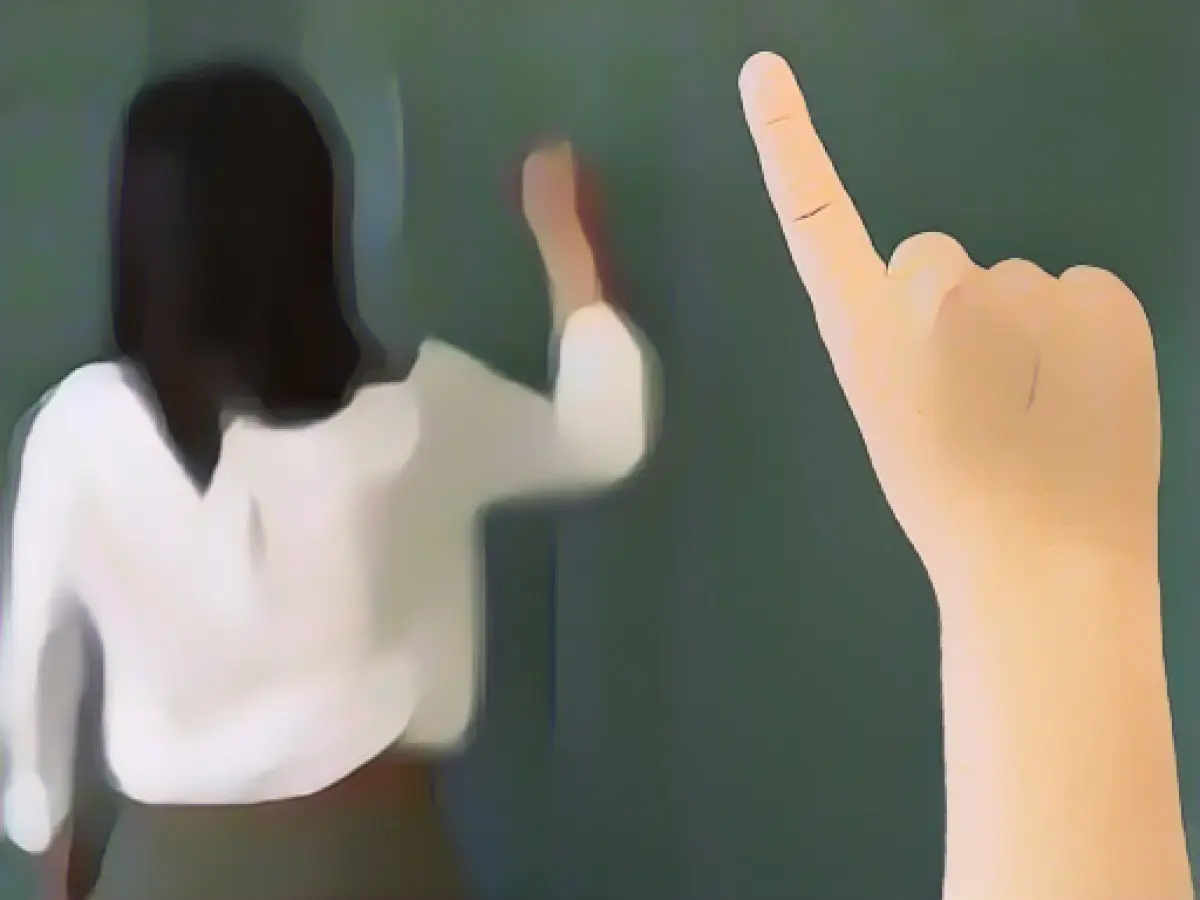Short on Teachers in Berlin's Classrooms: Time for Action
Senator Ina Czyborra from Berlin's SPD party echoes concern over the modest progress made in training the necessary teachers for Berlin's classrooms. As per her announcement at the Senate meeting, only over 1,000 teacher training students graduated with a Master's degree in 2022, a slight increase from the previous year's 900 graduates. While Berlin is making progress, it is still falling significantly short of the target of 2,000 graduates each year, with the new university contracts even aiming for 2,500 graduates annually.
Why the urgency? The city's education system could use an influx of fresh minds, especially with the growing number of refugees seeking education. But, the numbers show that around three times as many prospective students were accepted for their teaching studies, but many of them apply repeatedly for different combinations of subjects.
Addressing the challenge
As the issue of insufficient teachers grows, Berlin employs various methods to bolster the teaching profession. One approach is supporting students more effectively, ensuring they do not drop out. Additionally, a cross-university advertising campaign aims to entice more student teachers during the 2024-2028 funding period.
Beyond these strategies, increasing the number of teaching graduates nationwide may require broader approaches:
- Enhanced teacher training and development
- Collaborate with higher education institutions, private-sector companies, and training centers to uphold the recognition of education workers as professionals.
- Provide job security and competitive salaries for teachers to attract and retain talent.
- Fostering STEM education
- Encourage interdisciplinary and project-based learning to increase engagement with the field.
- Support STEM education initiatives to motivate and train teachers for STEM subjects.
- Public awareness and cultural programs
- Emphasize cultural education programs to attract and retain teachers passionate about diversity.
- Inclusive education initiatives
- Adopt inclusive education approaches to cater to all learners, attracting educators passionate about diversity.
- Digital learning solutions
- Utilize digital tools to enhance teaching methods and provide modern learning solutions to attract tech-savvy teachers.
- Policy coordination
- Collaborate with federal ministries, the Standing Conference of Ministers of Education, and Länder ministries to develop a unified national approach to the issue.
Although the challenges are significant, with the right strategies and a dedicated effort, it is possible to enhance the number of teaching graduates and fill the gap in Berlin's classrooms.








